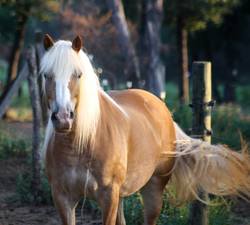
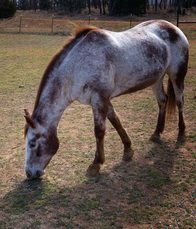
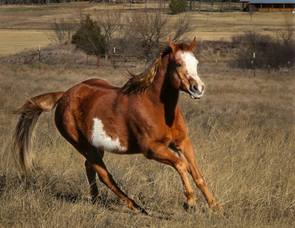
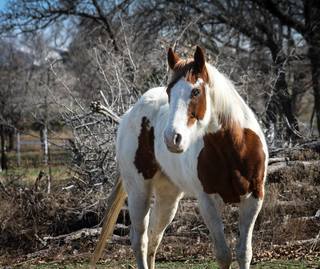
There is still time to help Rose, Doodles, Phyllis, and Hank continue their work with clients by becoming an angel and supporting our Be An Angel fundraiser! Just $10 ensures that the horses can participate in the session. Go to http://beanangelecc.causevox.com before midnight on New Year's Eve to make a tax-deductible contribution to the Angel Fund, held by our non-profit partner Wings of Hope.
*Client names and some details have been changed to protect client identity

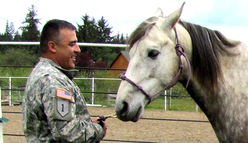
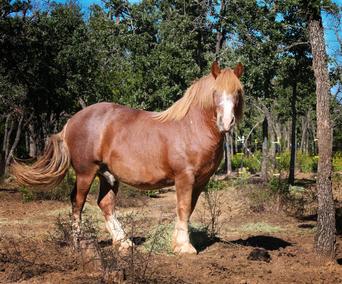
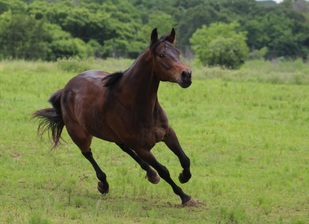
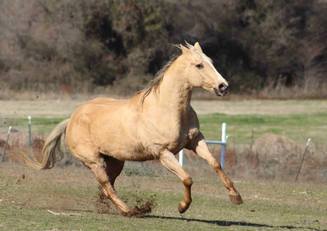
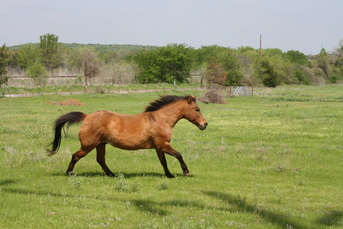
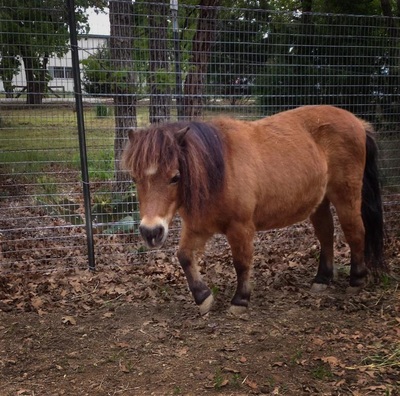
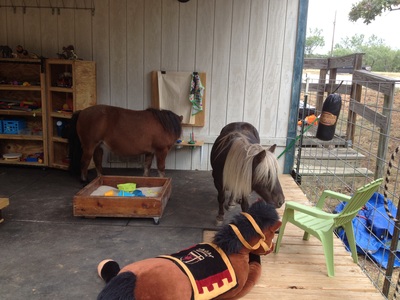
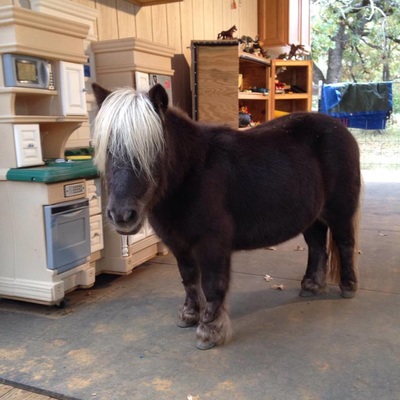
 RSS Feed
RSS Feed
